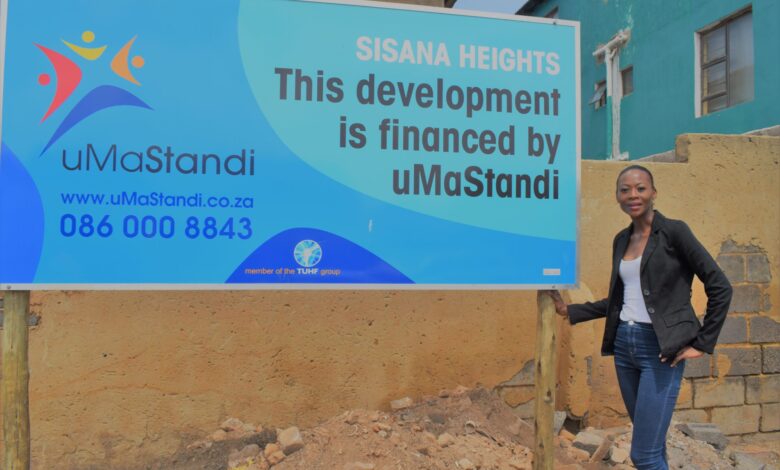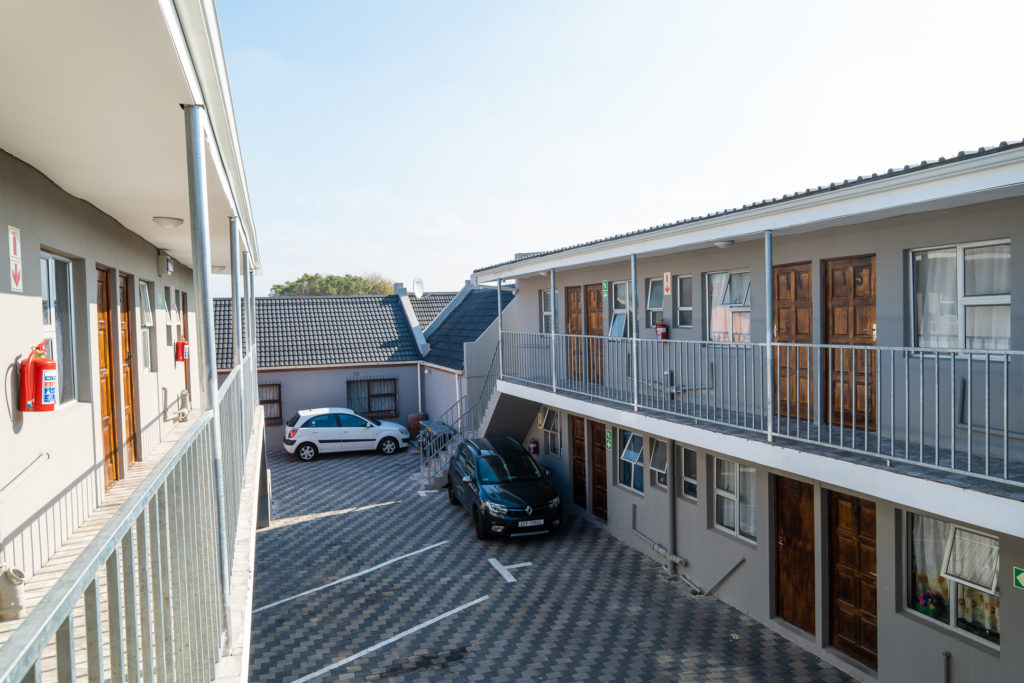uMaStandi: Empowering Township Property Entrepreneurs

uMaStandi: Empowering Township Property Entrepreneurs. In South Africa’s townships, where informal housing and economic challenges have long prevailed, uMaStandi emerges as a transformative force. Established in 2015, uMaStandi provides commercial mortgage finance, training, and mentorship to property entrepreneurs aiming to develop affordable rental housing in township areas. By unlocking the potential of underutilized properties, uMaStandi not only fosters individual entrepreneurship but also contributes to urban densification and economic growth in historically marginalized communities.
Strategic Foundations: Addressing a Market Gap
Traditional financial institutions have often overlooked township property developments due to perceived risks and lower rental yields. uMaStandi identified this gap and tailored its services to meet the unique needs of township property entrepreneurs. By offering mortgage loans linked to the Johannesburg Interbank Agreed Rate (JIBAR) with repayment periods up to 15 years, uMaStandi provides accessible financing options. Additionally, the organization offers mentorship and construction support, ensuring that developments are completed on time and within budget.

Milestones and Expansion
Since its inception, uMaStandi has achieved significant milestones:
- Research and establishment of the backyard township programme.
- Launch of the first pilot projects in Soweto, Khayelitsha, and Delft, supported by a R50 million Jobs Fund Grant.
- Expansion into Ekurhuleni, Tshwane, KwaZulu-Natal, and the Eastern Cape.
- Establishment of uMaStandi Fund 1, attracting R125 million in funding to support further expansion.
These developments underscore uMaStandi’s commitment to scaling its impact and supporting a growing number of township property entrepreneurs.
Overcoming Challenges: Resilience in Action
The journey of uMaStandi and its clients has not been without obstacles. The COVID-19 pandemic, for instance, disrupted construction timelines and increased material costs. Clients like Athie Matinise faced halted projects and financial strain. uMaStandi provided critical support by assisting in finding affordable contractors, safeguarding materials, and extending grace periods on loans.
Similarly, during the development of Singleton Heights, entrepreneur Bulali Mdontsane navigated challenges such as municipal inefficiencies and local opposition. By engaging with community leaders and sourcing local construction teams, he ensured project continuity and community buy-in.

Innovative Approaches: Sustainable and Inclusive Development
uMaStandi encourages clients to incorporate sustainable features into their developments, such as solar-powered lighting and energy-efficient appliances. These enhancements not only reduce utility costs for tenants but also improve safety and attract reliable occupants. In the Western Cape, for example, a client installed solar-powered spotlights to enhance security near a popular taxi stop, demonstrating a commitment to community well-being.
Moreover, uMaStandi promotes mixed-use developments that combine residential units with retail spaces, fostering local economic activity and providing convenient amenities for residents. This approach aligns with the broader goal of stimulating township economies and creating employment opportunities.
Conclusion: Building a Legacy Through Empowerment
uMaStandi’s model demonstrates the transformative power of targeted financial support and mentorship in empowering township property entrepreneurs. By addressing systemic barriers and fostering inclusive economic growth, uMaStandi not only enables individuals to build sustainable rental businesses but also contributes to the revitalization of township communities. Aspiring entrepreneurs can draw valuable lessons from uMaStandi’s approach, emphasizing the importance of resilience, community engagement, and innovation in achieving long-term success.





